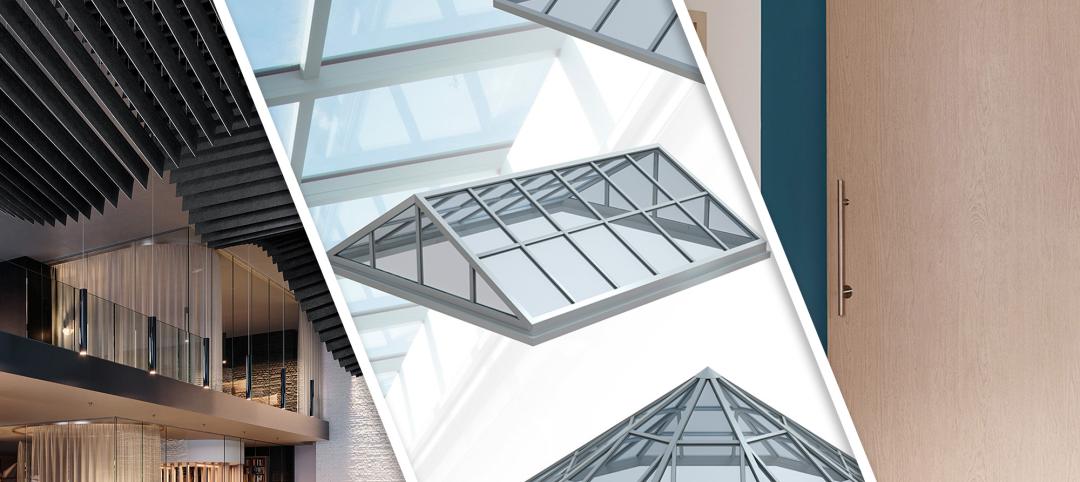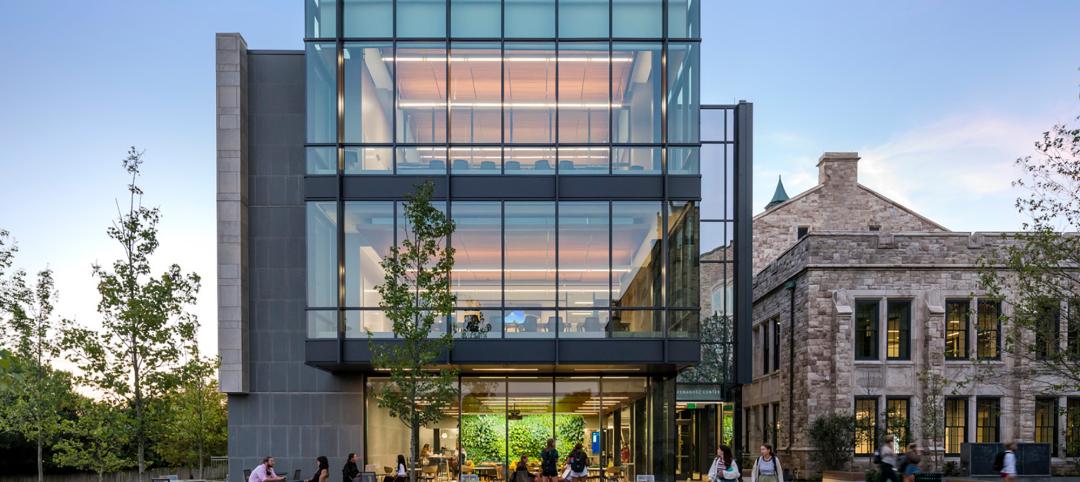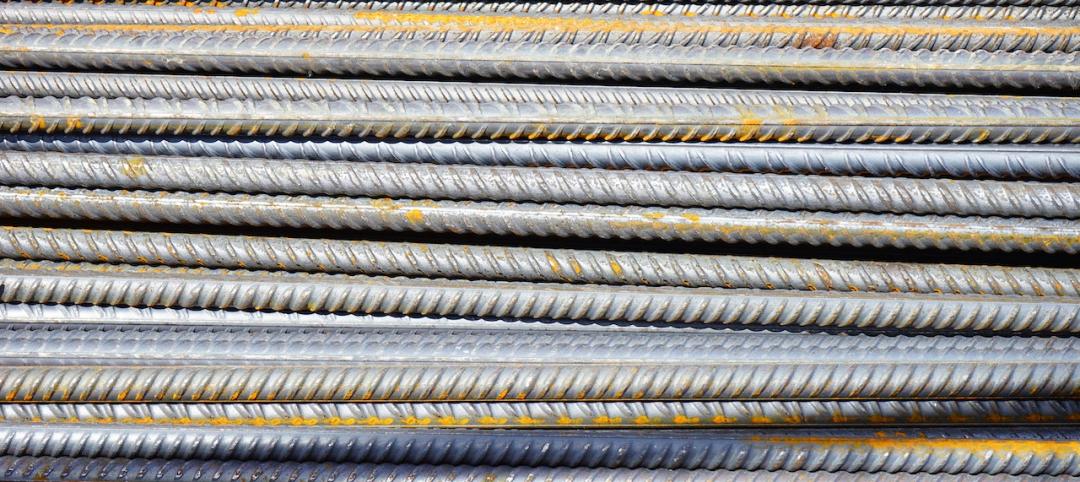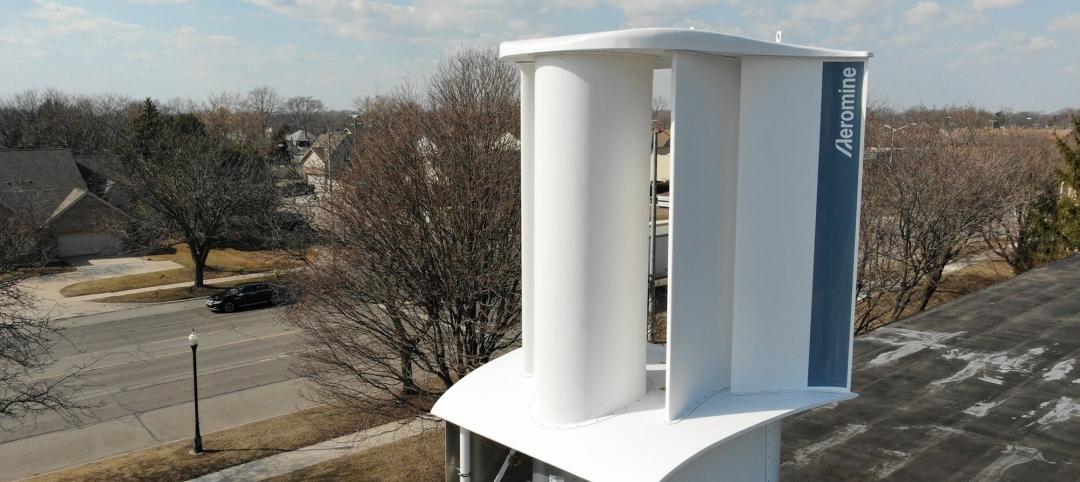Light control manufacturer Lutron Electronics has partnered with Mermet, a manufacturer of solar screen fabrics, to introduce the Basketweave E Screen with KoolBlack technology at Greenbuild 2012 in San Francisco. The company has also announced its new Sensor Layout and Tuning Service to assure that wired or wireless Lutron daylight sensors and occupancy sensors help projects achieve energy-savings goals.
Conventional dark-colored shade fabrics absorb energy and increase the solar heat gain in the space, wasting energy and creating an uncomfortable environment. This limits the use of dark screen fabrics in green or sustainable building design where heat reflection is specified in a shading solution. The new KoolBlack technology solves this problem by utilizing innovative heat reflecting properties that enable the dark fabric to reflect more solar heat. The technology increases the energy efficiency of dark, solar-shade fabrics to levels comparable with light colors, reducing solar heat gain coefficients up to 23% and contributing to LEED certification. It provides exceptional glare control and allows
superior view through, comfortable work environments, and elegant street-side aesthetics while saving energy. Constructed in a 2 x 2 basket weave pattern and available in a wide array of colors, the new Basketweave E Screen with KoolBlack technology offers an ideal cost-saving solution for commercial automated shading applications.
In addition, installing occupancy sensors and daylight sensors can be an inexact science, and sensor fine-tuning is best performed after the space is fully occupied, furniture is in place, and the HVAC system is balanced to the environment. Projects that include the new Lutron Sensor Layout and Tuning Service offer building owners and facility managers the assurance that the Lutron-provided sensors will be installed and calibrated to perform as intended.
“Lutron has developed its Sensor Layout and Tuning Service to ensure that Lutron Lighting Energy Management Systems achieve their energy savings goals through properly placed and tuned sensors, and establishes one-party ownership before, during, and after construction," said Scott Hanna, Vice President, Service Solutions at Lutron.
The Sensor Layout and Tuning Service is a three-step process. A Lutron service representative will analyze reflected ceiling plans for the project and design a detailed sensor layout based on an agreed-upon sequence of operations. Prior to, or during system startup, Lutron may advise the installing contractor regarding sensor relocation in the event that conditions in the space deviate from the original drawings
Lutron will provide up to two additional on-site service visits post-startup within the first calendar year from the time the building is turned over, to fine-tune sensor calibration.
Related Stories
75 Top Building Products | Dec 13, 2023
75 top building products for 2023
From a bladeless rooftop wind energy system, to a troffer light fixture with built-in continuous visible light disinfection, innovation is plentiful in Building Design+Construction's annual 75 Top Products report.
Building Materials | Oct 19, 2023
New white papers offer best choices in drywall, flooring, and insulation for embodied carbon and health impacts
“Embodied Carbon and Material Health in Insulation” and “Embodied Carbon and Material Health in Gypsum Drywall and Flooring,” by architecture and design firm Perkins&Will in partnership with the Healthy Building Network, advise on how to select the best low-carbon products with the least impact on human health.
Products and Materials | Jul 31, 2023
Top building products for July 2023
BD+C Editors break down 15 of the top building products this month, from cleanroom doors to window storm protection systems.
Adaptive Reuse | Jul 6, 2023
The responsibility of adapting historic university buildings
Shepley Bulfinch's David Whitehill, AIA, believes the adaptive reuse of historic university buildings is not a matter of sentimentality but of practicality, progress, and preservation.
Apartments | Jun 27, 2023
Dallas high-rise multifamily tower is first in state to receive WELL Gold certification
HALL Arts Residences, 28-story luxury residential high-rise in the Dallas Arts District, recently became the first high-rise multifamily tower in Texas to receive WELL Gold Certification, a designation issued by the International WELL Building Institute. The HKS-designed condominium tower was designed with numerous wellness details.
Building Materials | Jun 14, 2023
Construction input prices fall 0.6% in May 2023
Construction input prices fell 0.6% in May compared to the previous month, according to an Associated Builders and Contractors analysis of the U.S. Bureau of Labor Statistics’ Producer Price Index data released today. Nonresidential construction input prices declined 0.5% for the month.
Sustainability | Apr 20, 2023
13 trends, technologies, and strategies to expect in 2023
Biophilic design, microgrids, and decarbonization—these are three of the trends, technologies, and strategies IMEG’s market and service leaders believe are poised to have a growing impact on the built environment.
Codes | Mar 2, 2023
Biden Administration’s proposed building materials rules increase domestic requirements
The Biden Administration’s proposal on building materials rules used on federal construction and federally funded state and local buildings would significantly boost the made-in-America mandate. In the past, products could qualify as domestically made if at least 55% of the value of their components were from the U.S.
AEC Innovators | Feb 28, 2023
Meet the 'urban miner' who is rethinking how we deconstruct and reuse buildings
New Horizon Urban Mining, a demolition firm in the Netherlands, has hitched its business model to construction materials recycling. It's plan: deconstruct buildings and infrastructure and sell the building products for reuse in new construction. New Horizon and its Founder Michel Baars have been named 2023 AEC Innovators by Building Design+Construction editors.
Sustainability | Feb 8, 2023
A wind energy system—without the blades—can be placed on commercial building rooftops
Aeromine Technologies’ bladeless system captures and amplifies a building’s airflow like airfoils on a race car.
















